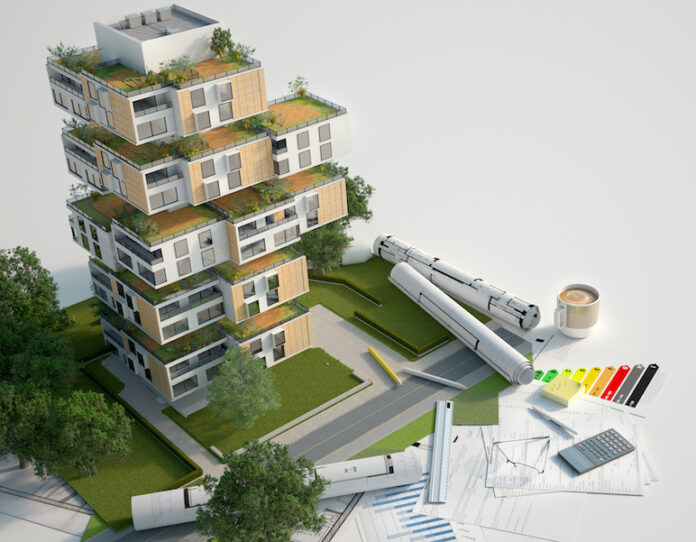Minister for Building and Construction Jenny Salesa has announced a Building for Climate Change programme to get New Zealand builders working in “a completely different way”.
Salesa says the construction sector is a large contributor to greenhouse gas emissions from producing materials, constructing buildings, and the energy used in buildings.
If New Zealand is to reach its climate change goals, including net zero carbon by 2050, the construction sector must play a major part in this, she says.
Tackling the climate change challenge will require vision, commitment and perseverance, as well as significant change. It won’t be done overnight and it won’t be easy.
The MBIE will be setting targets around energy use and carbon emissions that it says will focus on getting New Zealand where it needs to be.
“At the start, we should be able to reach the goals through good current practice but, over time, the goals will be increased to make greater carbon savings and emissions reductions,” according to the MBIE web site.
“To meet the goals, some changes will need to be made to current building laws — in the Building Act and the Building Code.
“The focus will be on starting to change people’s behaviour, and the way they think about building through information incentives, and innovation.
“At first, the focus will be on how to build new buildings better. In the future, changes that need to be made to existing buildings will be looked at.
“Any changes will be thought through carefully, and there will be discussions with the people who will be affected by the changes first.
“The MBIE will be working closely with the construction sector, other government agencies, iwi, key stakeholders, local government and communities across New Zealand.”
What this means for New Zealand
The MBIE says the changes will make homes warmer, drier and better ventilated, and provide a healthier place to work and live.
Buildings will be built to use as little water and energy as practical, meaning more money in New Zealanders’ pockets as well as fewer emissions.
Once the programme is in place, energy efficiency and carbon emissions will become core considerations when building — just as important as cost and design.
Reusing buildings and recycling materials will be an important part of the building process, and local suppliers will be encouraged to gear up and support these product streams.
Building owners will understand their options, and what to ask for to get an efficient building with a low climate impact.
Construction workers will have the right skills to design and build for energy efficiency, low embodied carbon and climate resilience.
Next steps
The first Building for Climate Change initiatives, which expand insulation and glazing requirements in new homes — making them warmer, drier and better ventilated — are expected to be consulted on in early 2021.
For more information visit www.mbie.govt.nz/building-and-energy/building/building-for-climate-change.




